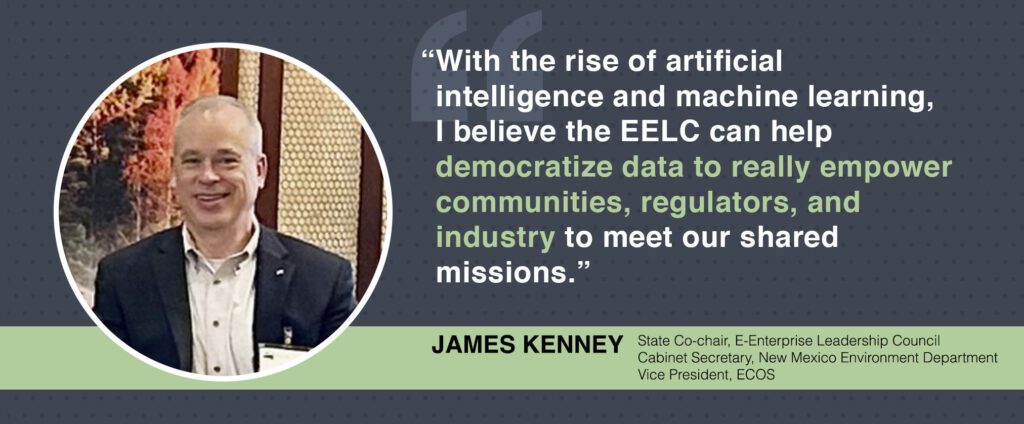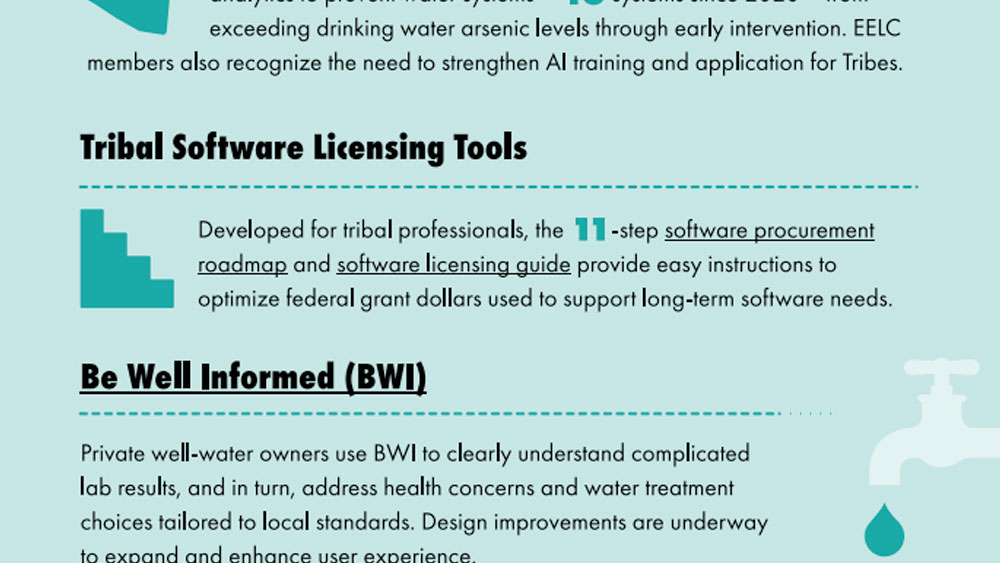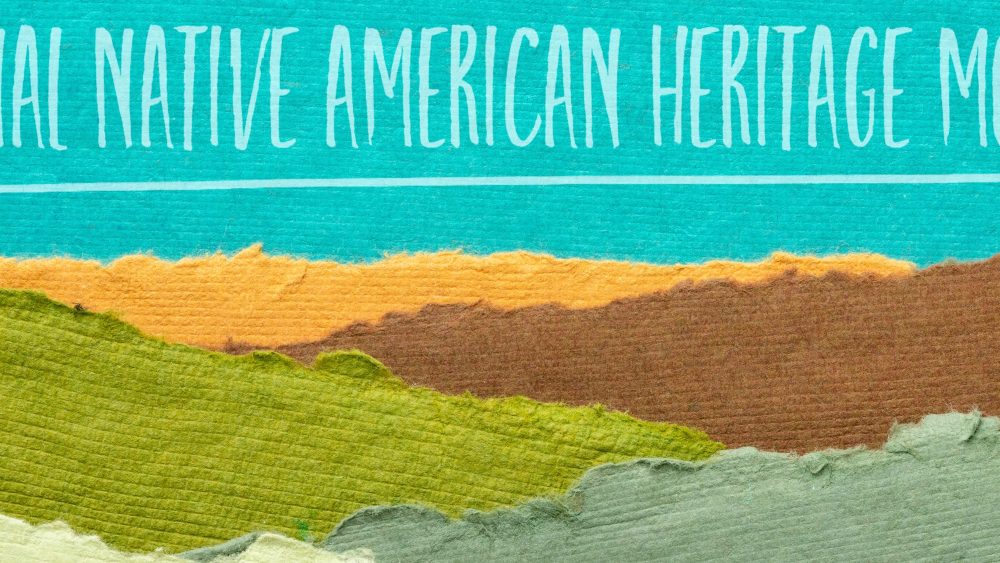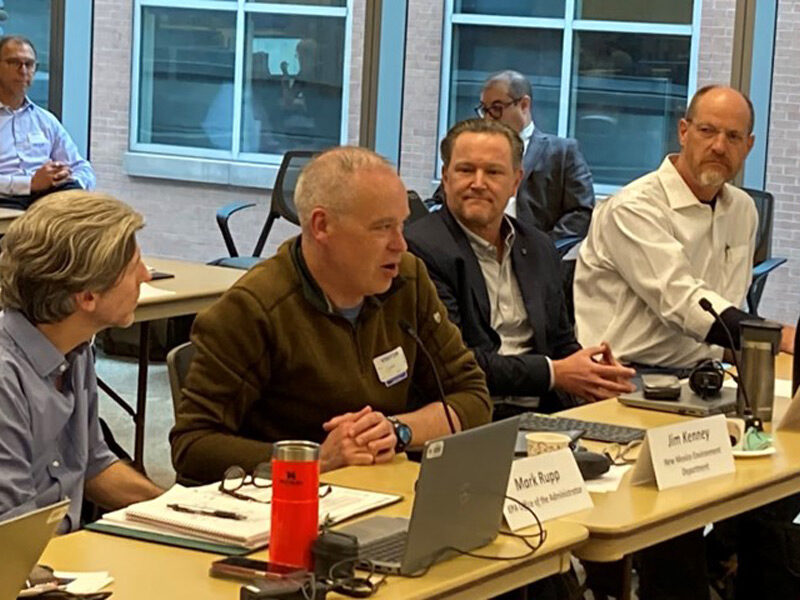
Welcome to the E-Enterprise Leadership Council (EELC). What background and experience do you bring to the new role?
Like my predecessors, I enthusiastically support the efforts of the EELC, emphasizing the power of shared governance to advance protection of public health and the environment. I have witnessed firsthand how collaborating with partners and including diverse viewpoints incubate and accelerate success. As Cabinet Secretary for the New Mexico Environment Department (NMED), I am a steward for The Land of Enchantment, home to a unique blend of people and cultures representing Spanish, Mexican, and Indigenous traditions from the northern mountains to the southern deserts, who count on using their environment year-round. The EELC state, tribal, and EPA members reflect a comparable mix of people, experience, and stories.
Prior to my NMED appointment, I spent more than 20 years at EPA at Headquarters and Regions 3 and 8. Focused on compliance assurance efforts related to air, water, and waste, I developed applications integrating EPA and state data across programmatic stovepipes to identify environmental issues and trends. Environmental data are available (and currently untapped) that can help us work smarter with limited funding. With the rise of artificial intelligence (AI) and machine learning, I believe the EELC can help democratize data to really empower communities, regulators, and industry to meet our shared missions. There could not be a more exciting time to be part of the EELC!
What E-Enterprise initiatives has New Mexico found most valuable?
The sharing of data via Application Programming Interfaces (APIs) is critical. Last year, NMED took a significant step enhancing transparency and accessibility by piloting an Open Data Portal via APIs (Portal), the first in our state open to public registration. The Portal’s data can be used to populate online maps and build or enhance websites, web apps, or mobile applications. Understanding and encouraging API data use will unlock its potential for addressing goals such as tracking food waste trends, building a meaningful circular economy, reducing methane emissions, empowering volunteer science efforts to better understand environmental indicators, and more.
Your state agency has been at the cutting edge in deploying new technologies to solve environmental problems. How is your State using technology to address the growing problem challenge of water scarcity?
NMED is no stranger to the E-Enterprise mission of modernizing the business of environmental protection. Some New Mexican water systems suffer the loss of 40-70 percent of treated water, primarily due to aging infrastructure. Water leaks are often extremely difficult to locate and fix, especially in rural communities. In September, NMED and two private sector partners launched Hydro Delta – using satellites and AI to identify water leaks, even underground, and providing accurate, reliable data to community agencies for better water management. Potentially saving millions in dollars and gallons of water lost, Hydro Delta advances the goals of the 50-Year Water Action Plan, providing secure and sustainable clean water for New Mexico.
New Mexico is also leveraging technological innovation in its inspections of oil and gas facilities for methane leaks. How are your efforts yielding better data and improved environmental outcomes?
With more than 65,000 oil and gas wells in the State’s northwest and southeast, we never have enough boots on the ground to assure industry compliance. To meet the shortfall, we are harnessing innovative technologies to identify methane and volatile organic compound leaks. Remote-sensing drones and helicopters equipped with infrared cameras and satellite data are detecting gas leaks more accurately and efficiently. Covering large distances quickly and identifying leaks that might go unnoticed during typical, on-the-ground inspections, this approach reduces inspection time and provides more comprehensive emissions data.
I look forward to sharing more about New Mexico’s approach to environmental protection with my EELC partners while learning about the important work they are leading across the country.





